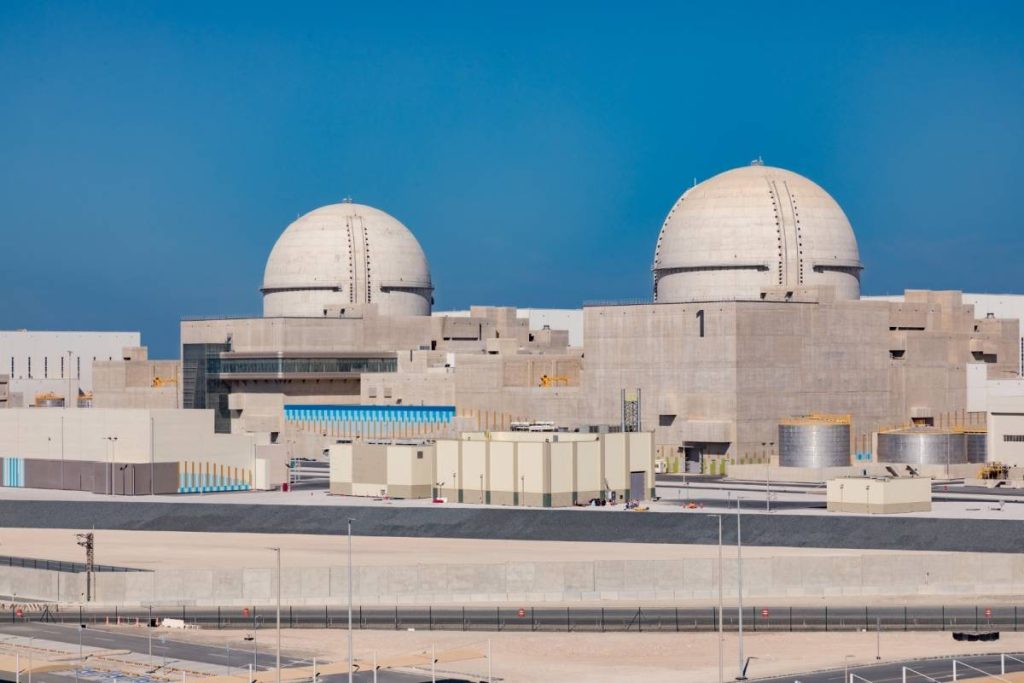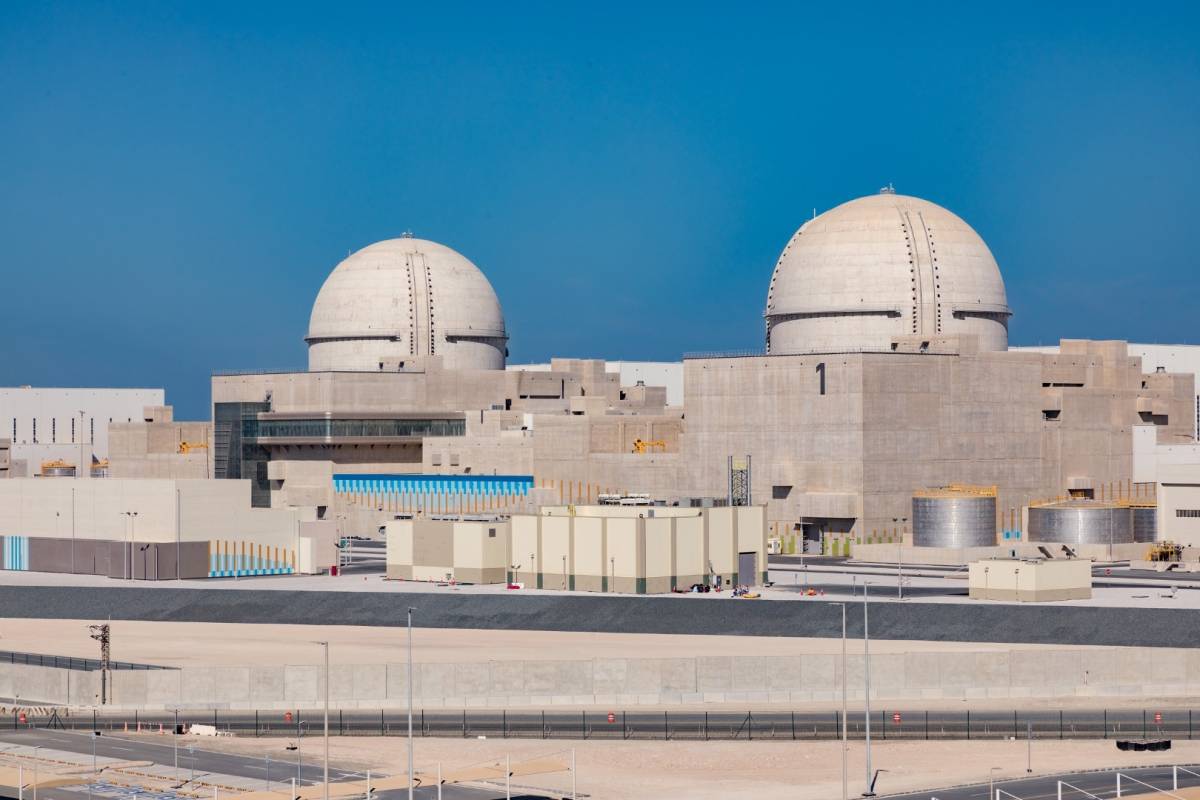The Board of Management of the UAE’s Federal Authority for Nuclear Regulation (FANR) convened and approved the operational plan of FANR for the year 2022…reports Asian Lite News
The plan outlines a number of strategic projects to further strengthen FANR’s regulatory oversight to regulate the nuclear and radiation sectors in the UAE to ensure the safety of public, workers and the environment.
Moreover, members of the Board were briefed about the latest progress at the Barakah Nuclear Power Plant (BNPP) four units. The Board was briefed about FANR’s regulatory oversight and inspections of the power plant. Unit 1 is commercially operated and Unit 2 is undergoing testing phase in preparation for commercial operation and has recently reached 50% power.

Meanwhile, it was also presented with an update of Unit 3, where Emirates Nuclear Energy Corporation (ENEC) announced its construction completeness last month and that FANR is currently reviewing the Operating Licence Application, which will be issued when all regulatory requirements are being met.
The Board of Management approved the issuance of a revised version of the Regulation for the Safe Transport of Radioactive Material (FANR-REG-13), which established requirements for the safe transport of radioactive material within the UAE by all modes of transport (land, sea, air).
Furthermore, the Board approved FANR’s Plan of Memoranda of Understanding and Agreements for 2022 to support cooperation with UAE authorities, as well as with foreign nuclear regulators on nuclear regulatory matters and exchange of information.
Despite all the challenges, 2021 has been a remarkable year for the UAE’s nuclear energy industry and the nation’s future as a whole.
Emirates Nuclear Energy Corporation (ENEC) has achieved commercial operations of Unit 1 of the Barakah Nuclear Energy Plant, dispatching the nation’s first megawatts of carbon-free electricity. The Plant plays a significant role in the country’s clean energy transition and is already delivering the greatest decarbonisation effort in the UAE’s power sector history.
It also contributes significantly to the UAE Energy Strategy 2050, which entails goals to reduce carbon emissions, while targeting 50 percent of the country’s total energy derived from clean and renewable sources.
ALSO READ: India, UAE focus on boosting ties on medical tourism, pharma
This year has been a significant period for the efforts of the UAE Peaceful Nuclear Energy Programme in tackling climate change, with the UAE pledging to become carbon neutral by 2050 amid heightened awareness and concern on global warming.
Today, the Barakah Plant is a significant contributor to delivering climate change solutions. This is only set to increase in the coming years as all four units of the Plant come online to generate up to 25 percent of the UAE’s electricity. The Plant is also forecast to be the biggest contributor to reducing Abu Dhabi Emirate’s carbon emissions by 50 percent by 2025 and generate 85 percent of Abu Dhabi’s clean electricity.

Leave a Reply